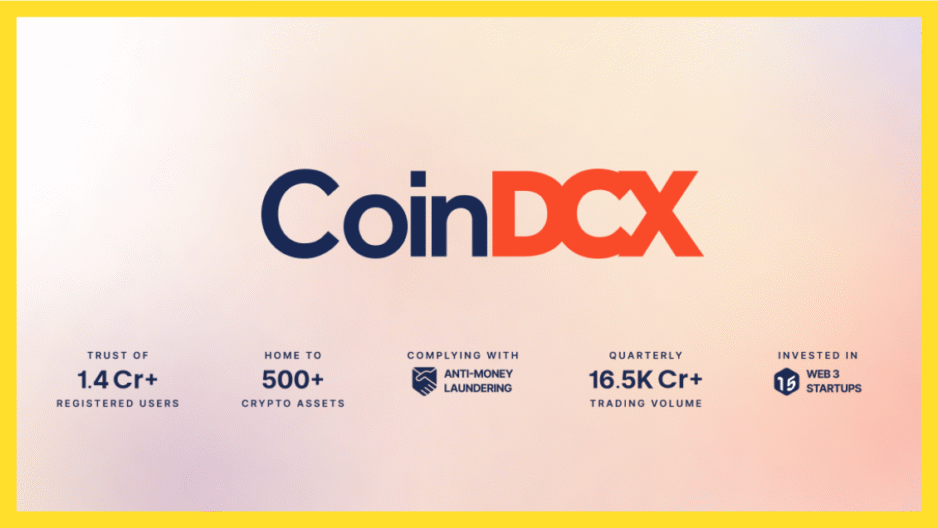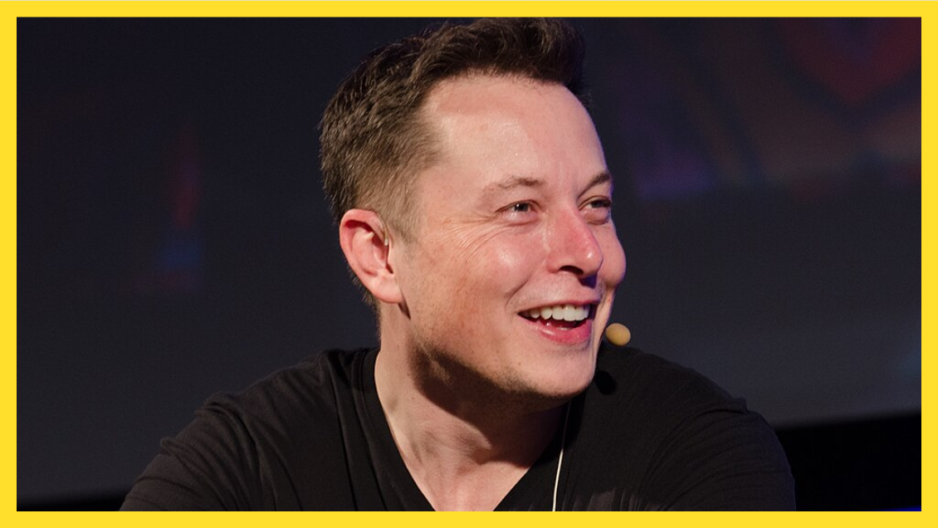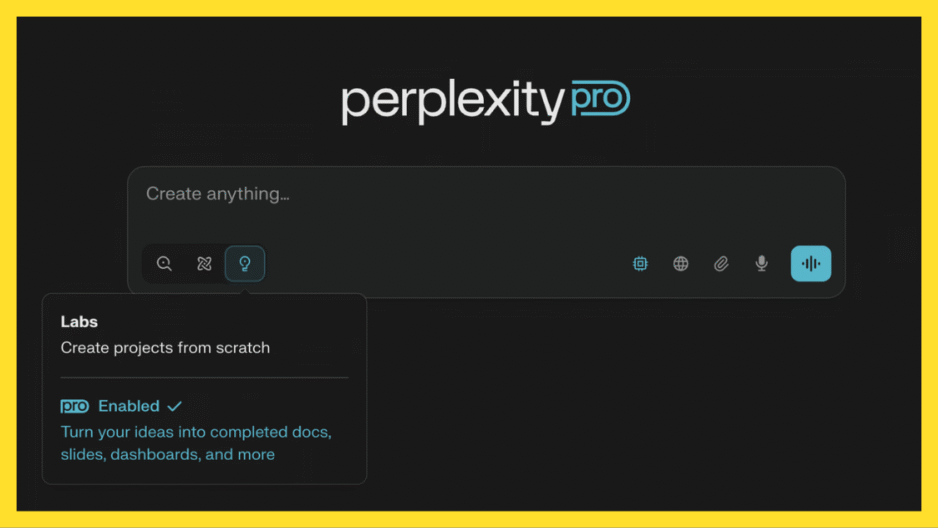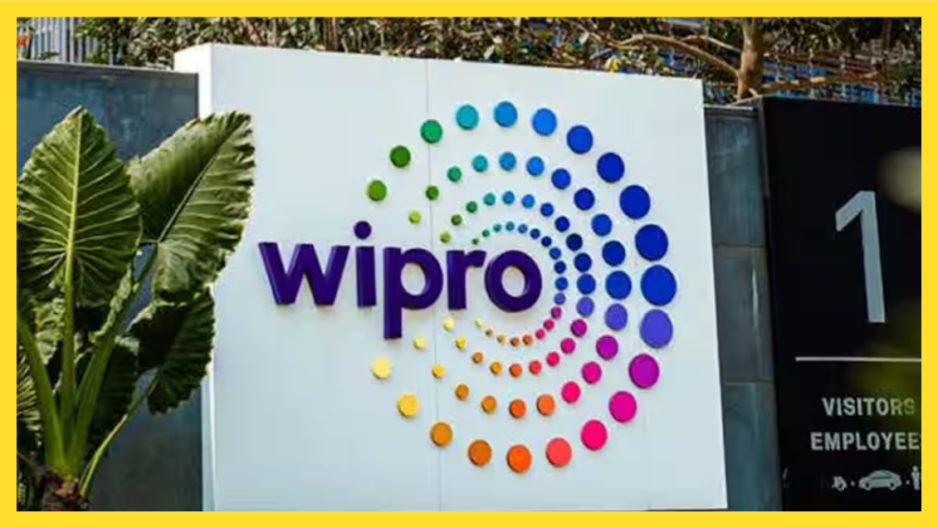A new report by Nexgen Exhibitions says India urgently needs government incentives and investment in AI to bolster cybersecurity and border defence. Based on a survey of 200+ companies, 86% support stronger state involvement, while 14% back public-private partnerships. With 2.3 million cyber incidents and ₹1,200 crore in losses reported in 2024, the demand for an AI-driven security strategy is growing. Yet, India lacks a national AI defence framework. With global threats rising, the message is clear: without proactive action, India risks falling behind in AI-enabled warfare and defence innovation. The upcoming Police Expo 2025 will spotlight these challenges.
Credit: YourStory










